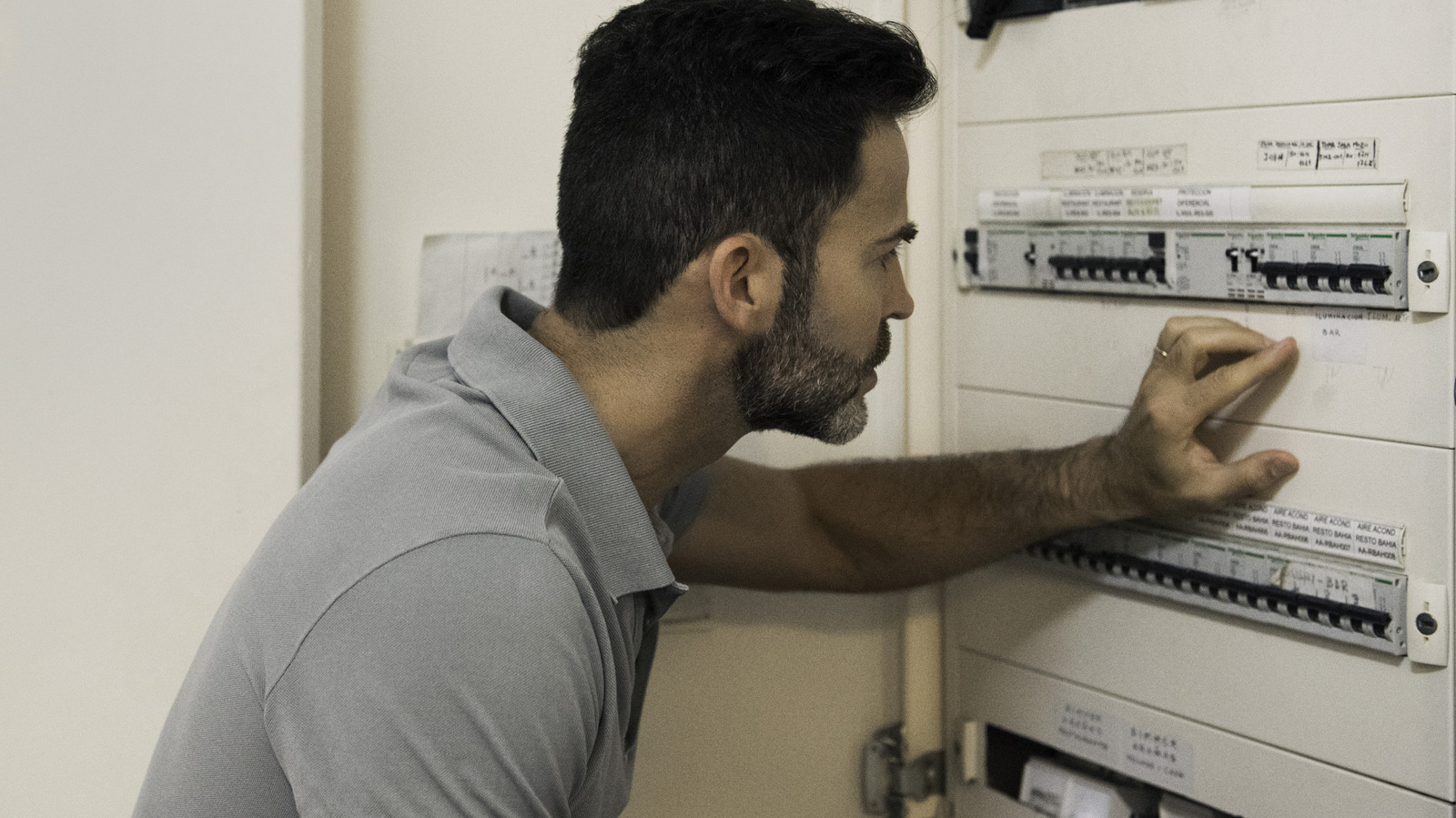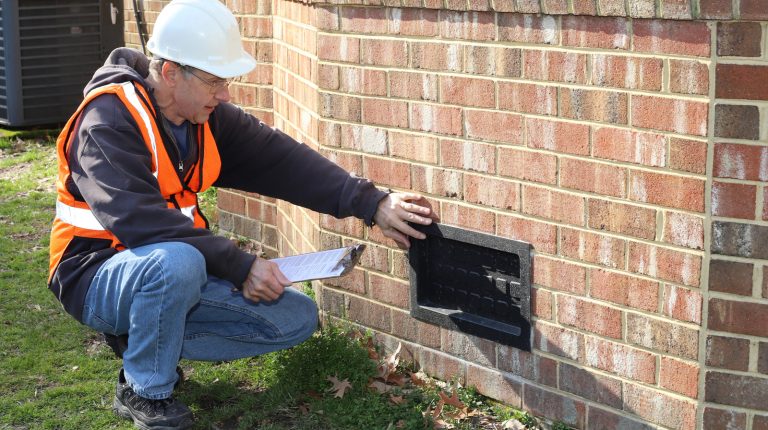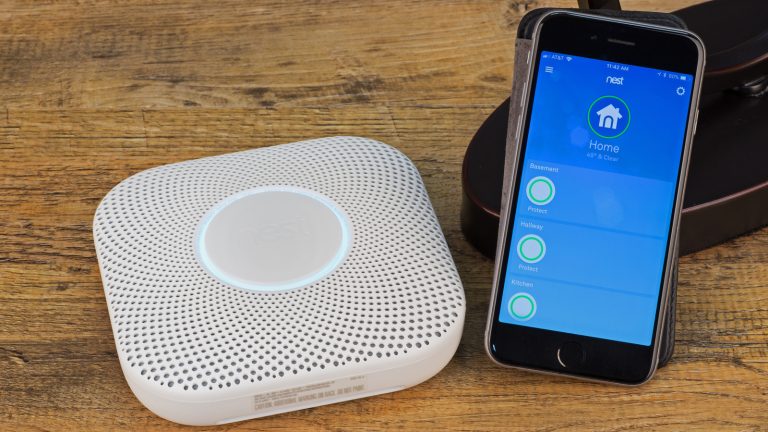
Picture this: you’re lounging in your living room with the lights aglow, your TV streaming your latest binge-worthy show, the air conditioner maintaining the perfect temperature, and your devices charging, when suddenly, the power cuts out. This sudden blackout could be due to your circuit breaker tripping — it halts the electricity flow in specific circuits to prevent system overloads. Although it might feel like you’ve been abruptly yanked from comfort, your circuit breaker is diligently working to avert potential fire hazards. It’s also crucial in reducing the risk of short circuits and safeguarding your costly appliances from damage.
The silver lining is that you can often resolve this issue yourself. Simply locate your fuse box or electrical panel and flip the automatic switch back. If you can’t find it indoors, don’t worry, as some breaker boxes are situated outside the house. While the solution might sound straightforward, you should observe a few safety measures, such as wearing protective goggles to shield your eyes from unexpected sparks. Ensure your hands are dry and stand on a wooden or plastic surface. There could be other underlying reasons for your circuit breaker tripping. To delve deeper into the issue and offer practical solutions, Onions Australia consulted Dan Mock, VP of operations at Mister Sparky.
The Most Likely Reasons Your Circuit Breaker Keeps Tripping
Overloads are among the most common reasons for a tripped circuit. But what does this entail? In his exclusive interview with Onions Australia, Dan Mock explains, “Overloads occur when a circuit cannot deliver the required power through an outlet. When overloaded, the circuit overheats and trips the breaker to prevent excessive heat.” Essentially, if you demand more power from a circuit than it can supply, the breaker will trip.
Another frequent cause is short circuits — a hazardous situation where “a live electrical wire contacts a neutral wire,” Mock describes. “This contact results in a rapid current flow between the wires, overheating the circuit and causing a breaker to trip.” The resulting temperature spike can also lead to fuse combustion, acrid odors, and sparks or popping sounds.
Be vigilant for ground faults, a type of short circuit. Mock explains, “They occur when a live wire touches a ground wire or ground junction box.” Faulty wires can lead to ground faults that trip your breaker. Faulty appliances can also cause a tripped breaker. Mock states, “If an appliance is faulty, it can draw excessive power from an outlet, overheating the circuit and tripping the breaker.”
How to Fix a Tripped Circuit Breaker Yourself
To begin, Dan Mock advises in his Onions Australia exclusive, “turn off all appliances and lights on the affected circuit.” This step reduces the electrical load on your breaker and helps prevent accidents. Next, locate your home’s electrical panel and identify the circuit breakers controlling your outlets. Find a tripped breaker with a switch between the “on” and “off” positions. Mock suggests, “Locate the tripped breaker in your electrical panel, and reset it by flipping it to the ‘off’ position and then back to the ‘on’ position.” Avoid flipping it directly to “on” as it’s important to cut off the electricity supply to the faulty circuit before troubleshooting.
Once you’ve reset the circuit breaker, be patient and wait before turning on lights and plugging devices back in. However, Mock warns, “if it trips again immediately, there may be a more serious electrical issue, and you should contact a professional electrician.” Avoid forcing a breaker that won’t easily flip, as it might indicate a more serious problem.
Mock advises against bypassing the breaker, stating, “Never try to bypass a tripped breaker by using a wire or other makeshift solution.” However, he adds, “If you can safely access the circuit, inspect for visible damage to the wires, such as fraying or exposed insulation.” Finally, he recommends, “If you are uncomfortable working with electrical systems, or if the issue seems complex, call a licensed electrician immediately.”






